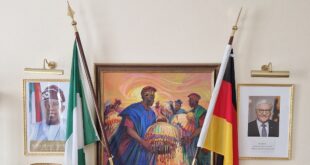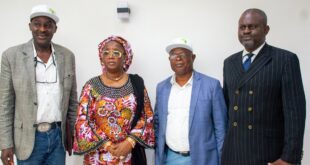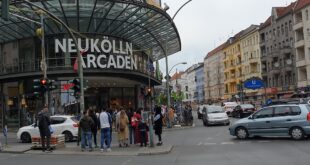Disagreement among members of the Economic Community of West African States (ECOWAS) has broken out over the adoption of a common currency in the bloc.
Six member countries have rejected the move by eight others to adopt the name ‘Eco’ as their common currency.
In a surprise move on 21 December, the eight West African countries using the CFA franc had announced their decision to rename their common currency as the Eco from 2020.
The CFA franc is used by Benin, Burkina Faso, Guinea Bissau, Côte d’Ivoire, Mali, Niger, Senegal and Togo – all former French colonies except Guinea Bissau.
Nigeria, Gambia, Ghana, Liberia, Sierra Leone, whose official language is English, and Guinea, a former French colony, faulted the move by the CFA group to change the name of their common currency to Eco.
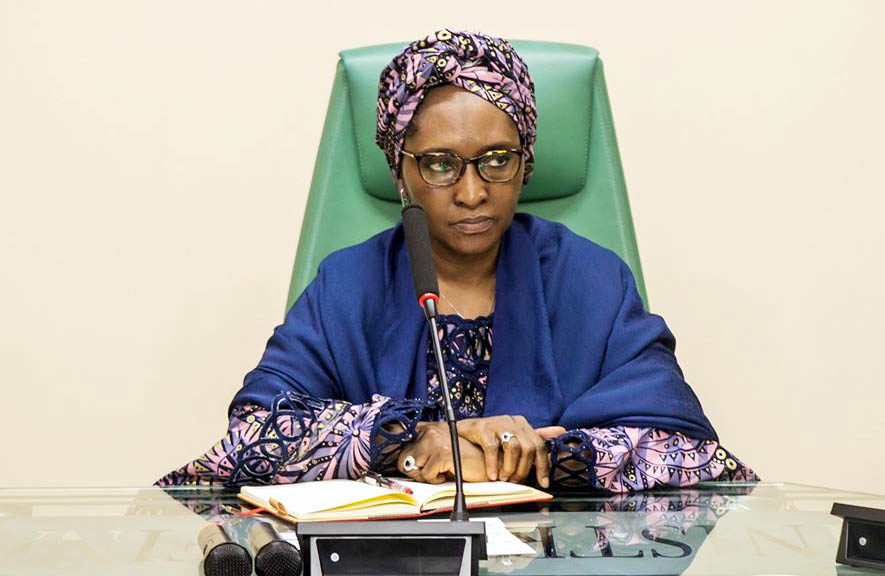
At an extraordinary meeting of the Ministers of Finance and Economy, and the Governors of Central Banks in the West African Monetary Zone on Thursday (16 January) in Abuja, Nigeria’s Finance Minister Zainab Ahmed said the declaration was not in line with the decisions of ECOWAS Heads of States.
“While the meeting applauds the decision of the francophone West African countries to delink [the CFA franc from the French Treasury], the meeting also noted with concern, the declaration by his Excellency, Alassane Ouattara, Chairman of the Authority of the Heads of States and Governments of the West African Economy and Monetary Union on 21 December 2019 to unilaterally rename the CFA franc as Eco by the year 2020,” Ms Ahmed said.
Ahmed emphasised that the move was not in line with the ECOWAS programme for the adoption of its own single currency, which had also been named Eco many years ago.
At the end of the Abuja meeting, delegates recommended that an extraordinary general meeting of ECOWAS heads of state and governments should be convened to discuss the matter.
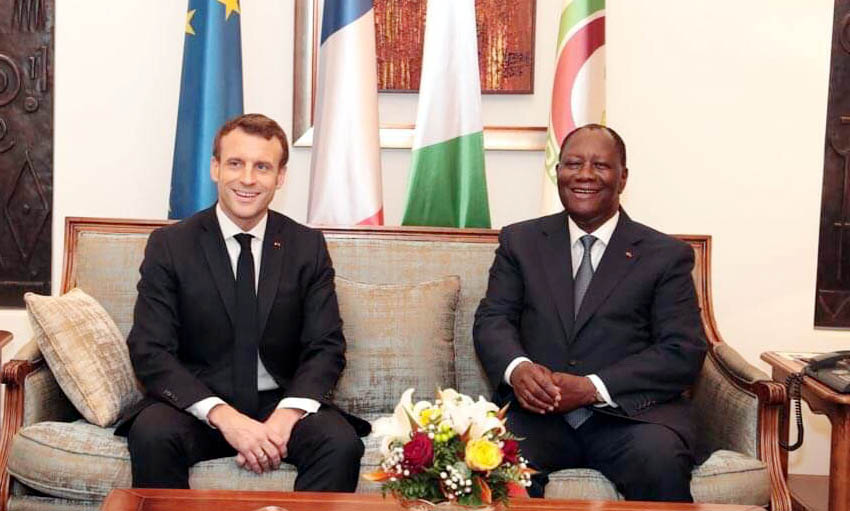
“The council reiterates the importance for all ECOWAS member countries to adhere to the decisions of the ECOWAS towards the implementation of the revised roadmap of its single currency programme,” Ahmed said.
Critics of the renaming of CFA franc point to the role of France, which has been accused of hijacking the common currency project of ECOWAS. Analysts point to the fact that the decision to rename CFA franc was jointly announced by President Ouatarra and French President Emmanuel Macron at a press conference in Abidjan shows that it was a decision jointly reached with France.
France also signed a new monetary cooperation agreement with the West African Monetary Union, which manages the CFA franc that includes the same French monetary guarantees for the Eco, which will continued to be pegged to the Euro, as before.
Moreover, Eco was the name already adopted by ECOWAS for its single currency many years ago.
READ ALSO Has France hijacked ECOWAS common currency project?
ECOWAS has already laid out the ten convergence criteria to be fulfilled by member countries to participate in its common currency project. However, only Togo is said to have been able to fulfil these criteria in recent years. Yet, the 8 countries have now de facto set up their own common currency, which Ghana, an important regional player, has indicated interest in adopting.
This has led to observers interpreting the developments as meaning that the ECOWAS currency project had been overtaken by the renaming of the CFA franc and adoption of the Eco by the 8 countries.
Kola Tella
 THE AFRICAN COURIER. Reporting Africa and its Diaspora! The African Courier is an international magazine published in Germany to report on Africa and the Diaspora African experience. The first issue of the bimonthly magazine appeared on the newsstands on 15 February 1998. The African Courier is a communication forum for European-African political, economic and cultural exchanges, and a voice for Africa in Europe.
THE AFRICAN COURIER. Reporting Africa and its Diaspora! The African Courier is an international magazine published in Germany to report on Africa and the Diaspora African experience. The first issue of the bimonthly magazine appeared on the newsstands on 15 February 1998. The African Courier is a communication forum for European-African political, economic and cultural exchanges, and a voice for Africa in Europe.




















